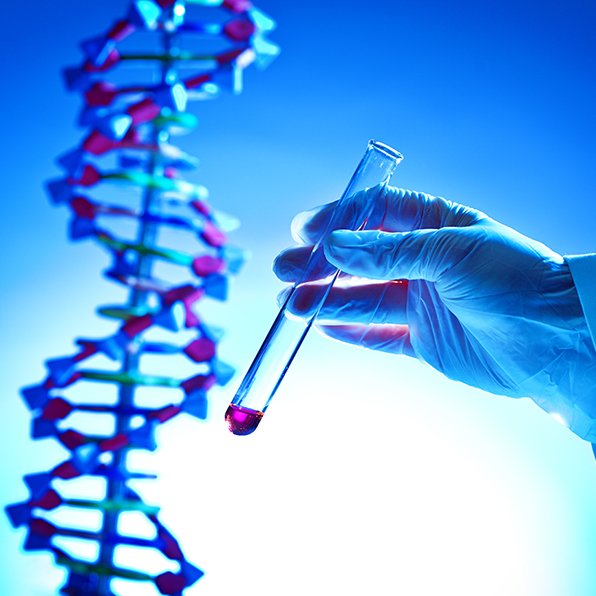Prof. Sarkar and team develop new tool that will allow for more personalized cell therapies

July 20, 2022 — A University of Minnesota Twin Cities team has, for the first time, developed a new tool to predict and customize the rate of a specific kind of DNA editing called “site-specific recombination.” The research paves the way for more personalized, efficient genetic and cell therapies for diseases such as diabetes and cancer.
The quantitative approach gives scientists and engineers more control over the DNA editing process and is published in Nature Communications.
“To our knowledge, this is the first example of using a model to predict how modifying a DNA sequence can control the rate of site-specific recombination,” said Casim Sarkar, senior author on the paper and an associate professor in the University of Minnesota Twin Cities Department of Biomedical Engineering. “By applying engineering principles to this problem, we can dial in the rate at which DNA editing happens and use this form of control to tailor therapeutic cellular responses. Our study also identified novel DNA sequences that are much more efficiently recombined than those found in nature, which can accelerate cellular response times.”